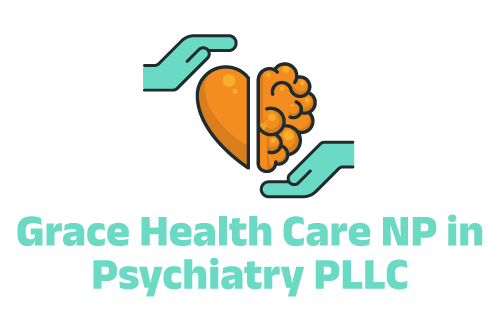Bipolar Disorder
Understanding Bipolar Disorder
Bipolar disorder is a mental health condition with significant, often unexpected mood shifts. These changes in emotions include intense highs (called mania or hypomania) and deep lows (known as depression). Such mood changes can influence all areas of a person's life, from their thinking, behavior, to physical health.

Symptoms and Diagnosis
Symptoms can vary, but usually include elevated mood and high-energy during manic episodes. During depression, feelings of sadness, despair, and loss of interest occur.
To diagnose bipolar disorder, a full clinical exam is done, including a careful review of mood changes, a mental health evaluation, and sometimes surveys or mood charts. It's vital to tell bipolar disorder apart from other mood disorders like major depression or borderline personality disorder.
Sometimes, bipolar disorder might show up later in life. This is called late onset bipolar disorder. It's often tougher to identify because it can share symptoms with other conditions that appear as we age.
Causes and Risk Factors
The exact cause of bipolar disorder is not certain, but it is thought to be a blend of genetic, physical, and environmental factors. Risks include family history and significant stress or trauma.
Treatment Options at Grace Healthcare
At Grace Health care’s, we design personalized care plans for bipolar disorder. These might include medication like mood stabilizers, talk therapy, and lifestyle changes to better manage the disorder. We aim to help patients achieve balance and enhance their life quality.
Managing Bipolar Disorder: Strategies and Resources
Dealing with bipolar disorder is about understanding and noticing triggers, staying healthy, and following care plans. We provide educational resources, support and treatment to aid patients and their families in handling bipolar disorder's difficulties.
Quick LInks
© Copyright 2024. All Rights Reserved.



